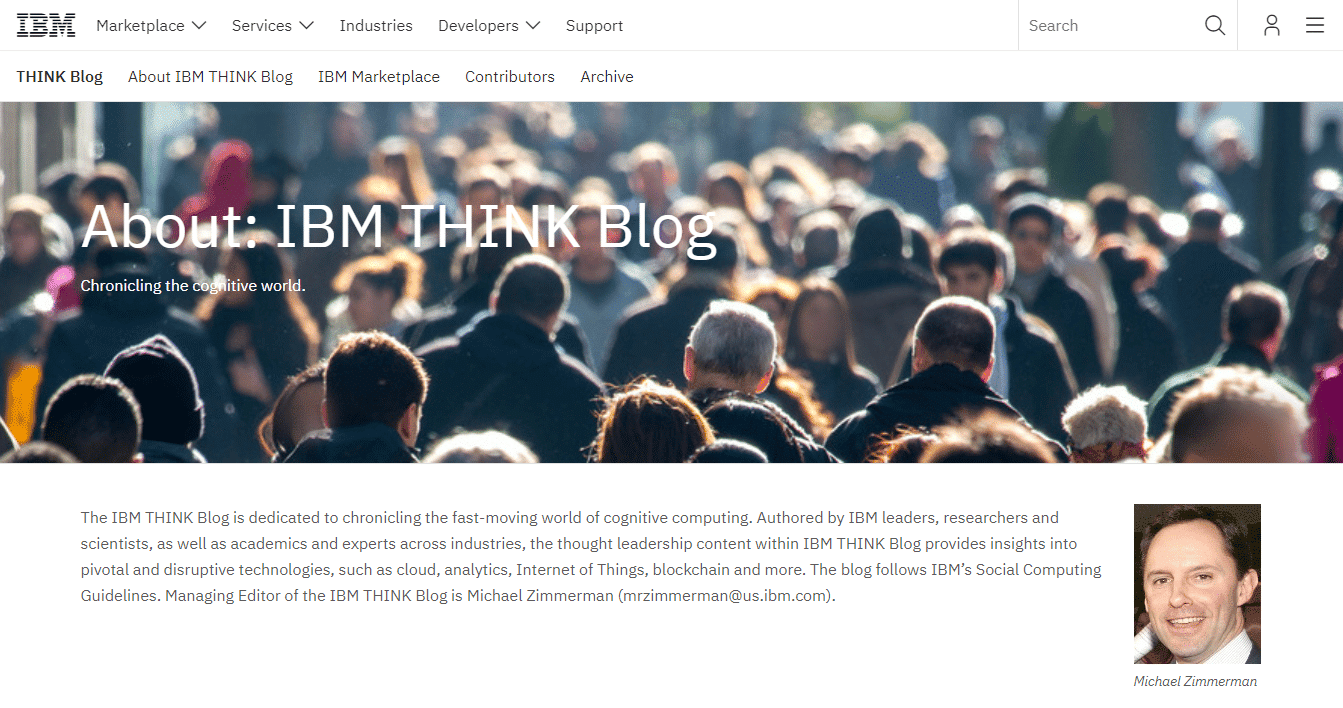
Why You Need to Market Your Businesses to Your Employees First
I can hear you now. “Isn’t making sure our employees are happy HR’s job? Why should my marketing team waste their time on marketing our business to our employees when there are potential customers out there?” you ask. Glad you asked.
If you’re still thinking through the lens of last century’s way of doing work, stop. Silos—departmentalizing every task—is so yesterday.
Collaboration is the key to success in today’s businesses. HR can’t market like you do. Communication is, after all, your team’s strength.
That’s why your marketing team should make it your business to sell your employees on your company’s strengths. In fact, you need to start your marketing with your employees. When you do, you’ll likely find that they’ll become some of your best PR people.
Quick Takeaways:
- Think outside the silo when you think about your marketing team’s outreach.
- Think of your employees as high-value customers—it will change the way you do things.
- Market your company to your employees with as much passion as you use with your top customers.
- Empower your employees to share content to do marketing at light speed.
Start with Respect
In his Inc article, digital consultant and journalist John Boitnott advises companies to treat their employees like their top customers. That kind of treatment starts with respect.

I agree. When you listen to your customers, respect their point of view, and meet their needs, they’re more likely to buy.
That’s exactly what we do in marketing, right? We use data analysis, feedback, and social media listening to identify our customers’ needs and preferences. Then, we create content and identify solutions that help them solve those nagging problems that keep them up at night.
When you apply this kind of marketing to your own employees, they’ll be more likely to stay with your company. And if you solve their most vexing challenges, they’ll do more than just stay on. They’ll spread the word about your company to friends and colleagues far and wide.
When you put data analytics to work for your employees’, as well as your customers’ needs, your company will be able to personalize rewards for helping to spread the word.
Remember those gold watches companies used to give their top-performing retirees? I’ll bet that if those companies had surveyed their soon-to-retire employees, they probably would have appreciated a gift certificate for travel or gourmet restaurants. After all, the whole point of retirement is to wean oneself from their longtime servitude to the clock!
Similarly, use data—not tradition—to give your people the rewards they want for helping you tell your brand story.
Marketing to Employees Yields Better Customer Experiences
One of the best things that comes out of selling your employees on your products, services, and mission is an improved customer experience all around, as EveryoneSocial’s Todd Kunsman points out. When your marketing team takes the time to communicate your company’s strengths to your employees, they’ll be better informed about the big picture.
They’ll have more knowledge about what your company can offer—and even more importantly—the passion to deliver stunning customer experiences. What’s more, when you encourage them to collaborate across teams to create better products, services, and customer experiences, they will have a more holistic outlook on the company and what it does.
It’s the difference between a pilot who has tunnel vision and one that has 360-degree radar. Which one do you want flying your plane?
Trust Your Employees with Key Messaging
One of the most effective ways to earn your employees’ loyalty is to trust them with some of your brand messaging.
- “What if they use the wrong word order?” your copy editor protests.
- “What if their dialogue sounds stilted?” your videography team whines.
- “What if they don’t look like a runway model?” your design team kvetches.
Doesn’t matter. Trust them anyway.
Yes, you can give them—and should give them—a set of style and branding guidelines. Keep the guidelines simple and clear.
For major grammar errors—don’t worry. Your copy editing team can edit those parts.
As far as non-standard word order goes, remember Star Trek? Its iconic mission statement, “To boldly go where no one has gone before” practically reversed the standard verb-adverb order overnight. To English teachers’ chagrin the world over, I might add.
Stilted dialogue? Try a couple of Johnsonville brats with Jeff, an 18-year Johnsonville employee whose video has gone viral, first on TV and now on YouTube.
Not a Vogue model? Neither is “Flo,” Progressive Insurance’s faux-employee spokeswoman. The fact that this nationally known insurer created a whole cast of make-believe employees speaks to the effectiveness of the real thing.
Not only does employee participation in official content build pride and a team spirit in your employees, but it’s also more effective. Way more effective.
As Ryan Erskine points out in his Forbes piece, when employees share messages on social media, they reach 561% more people. And for the cherry on top of this marketing feast, people are eight times more likely to engage with those messages.
Start an Employee Activation Program to Jump-Start Enthusiasm
One of the best ways to market your business to your employees is to start a formal employee activation program.
It starts with your business goals. Look at your target metrics, whether they’re social media interactions, revenue growth, leads, conversions, or customer retention.
Don’t forget to include employee retention rates. According to HR software maker PeopleKeep, losing an employee can cost the company anywhere between six to nine months’ worth of each lost employee’s salary.
Choose which of these goals you want to focus on—and how soon you want to achieve them.
Next, decide what you need to do to set your employees on fire with enthusiasm.
Leverage Employees’ Expertise on Social Media and Blog Content
Incentivizing shares might result in stepped-up employee activity on social media and blog posts, but when you ask them to share their expertise with your audience, the boost in their self-esteem is palpable. You won’t have to reward Lakisha in Engineering for sharing her expertise on how her newly created gadget works in an explainer video. She’ll share it with colleagues and friends far and wide.
Since many of your employees’ expertise isn’t in marketing, teach them how to post. Help them turn their raw talent into stunning content. Whether it’s some professional help in putting together videos, editing blog posts, or offering training in content production, it’s well worth the investment in time and money.
The kind of thought leadership and good vibes that come from employees sharing their expertise will position your company as an authority in its field. That’s priceless, as IBM can attest with its Think blog.

Develop a Culture of Listening
A culture of listening to—and implementing—employee ideas will help build your employees’ investment in the company’s success. You hired them for their ingenuity and hard work, so put those qualities to full use.
Finally, start small. Cultural change doesn’t happen overnight. But when you treat your employees as you would your best customers, they’ll have some skin in the game. When that happens, they’ll shout your company’s praise to the rooftops.
If you are ready to get more traffic to your site with quality content that’s consistently published, check out our Content Builder Service. Set up a quick consultation, and I’ll send you a free PDF version of my books. Get started today and generate more traffic and leads for your business.






